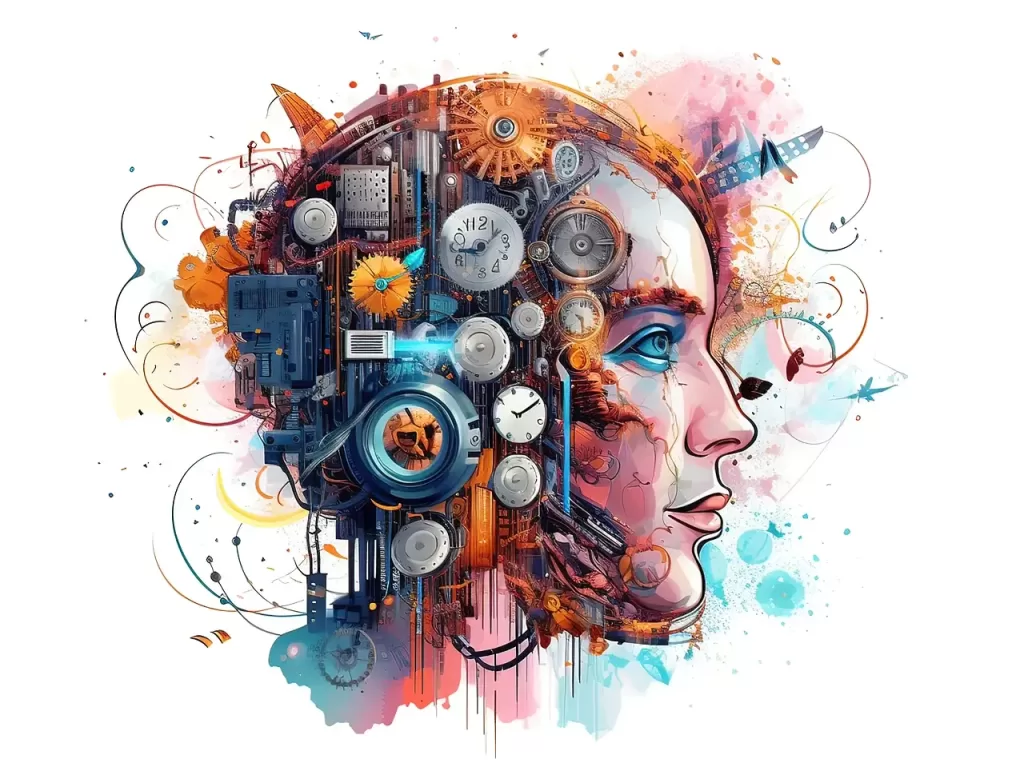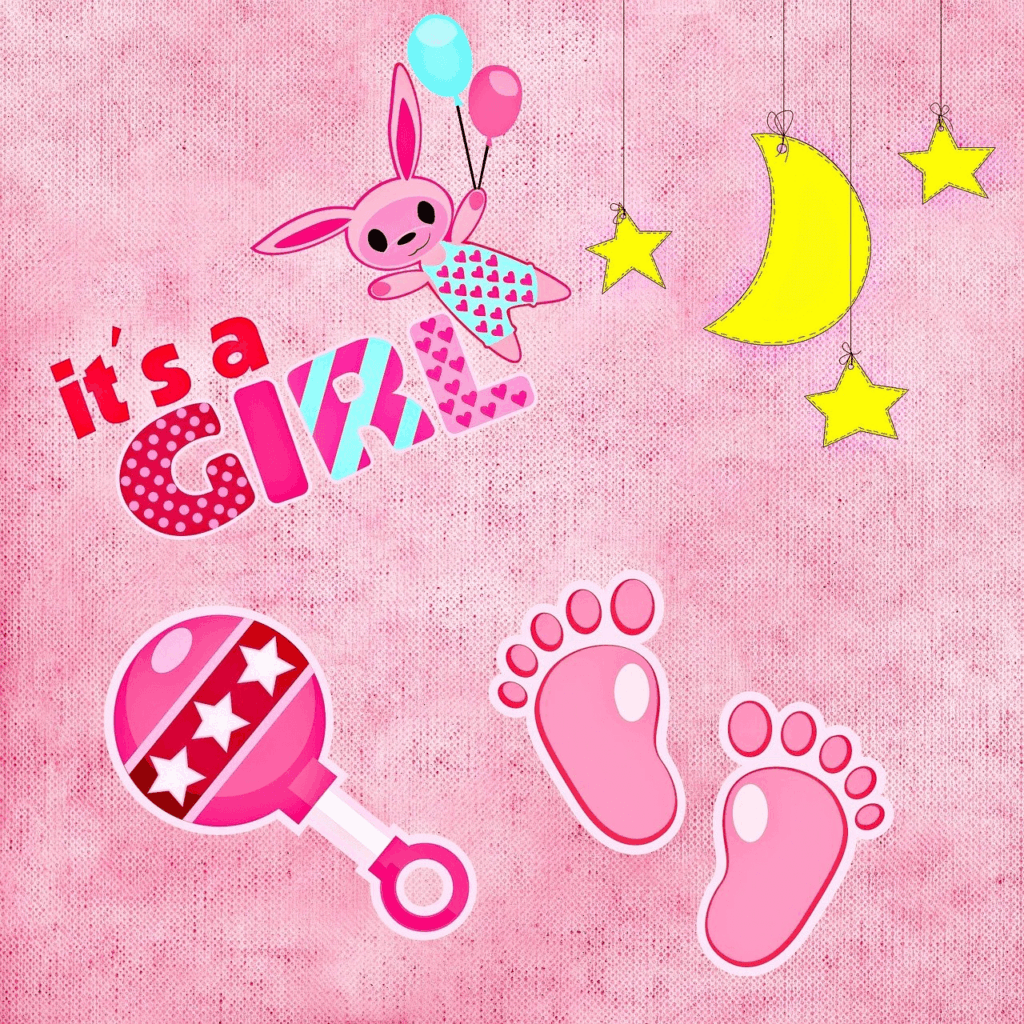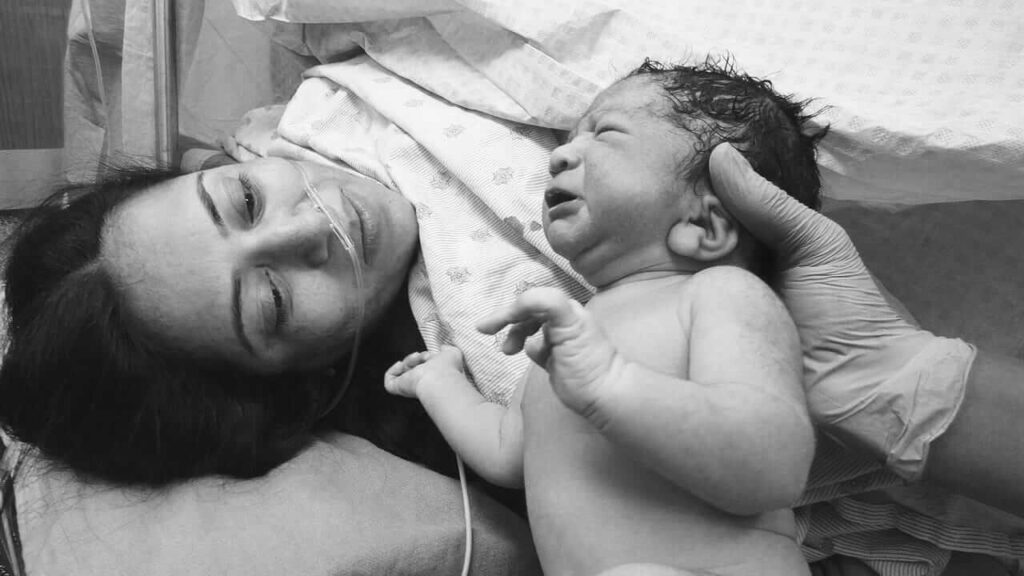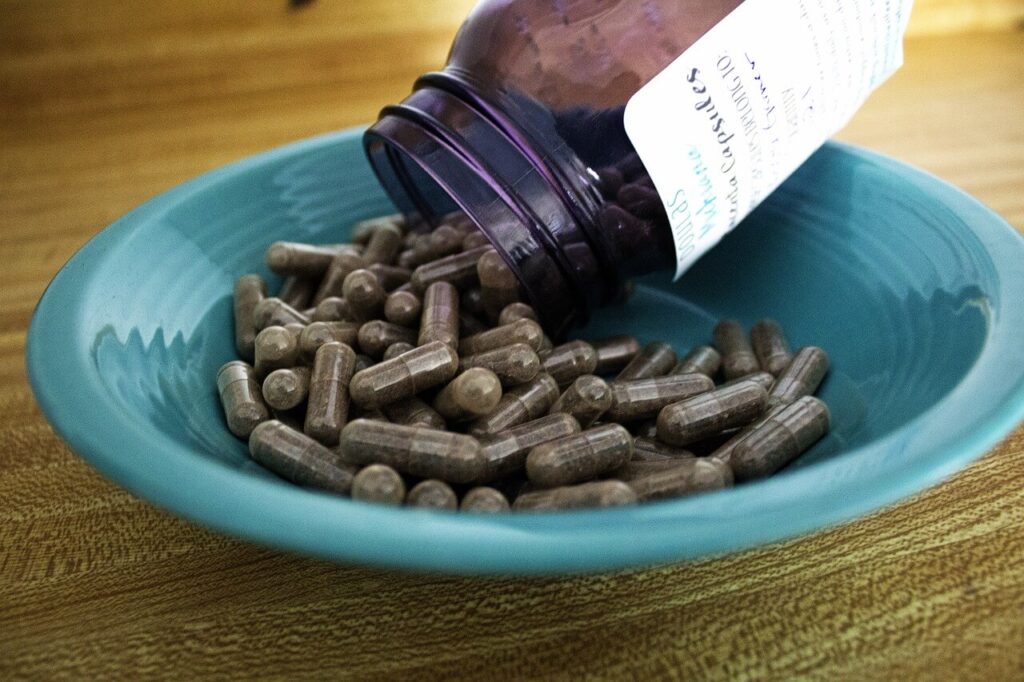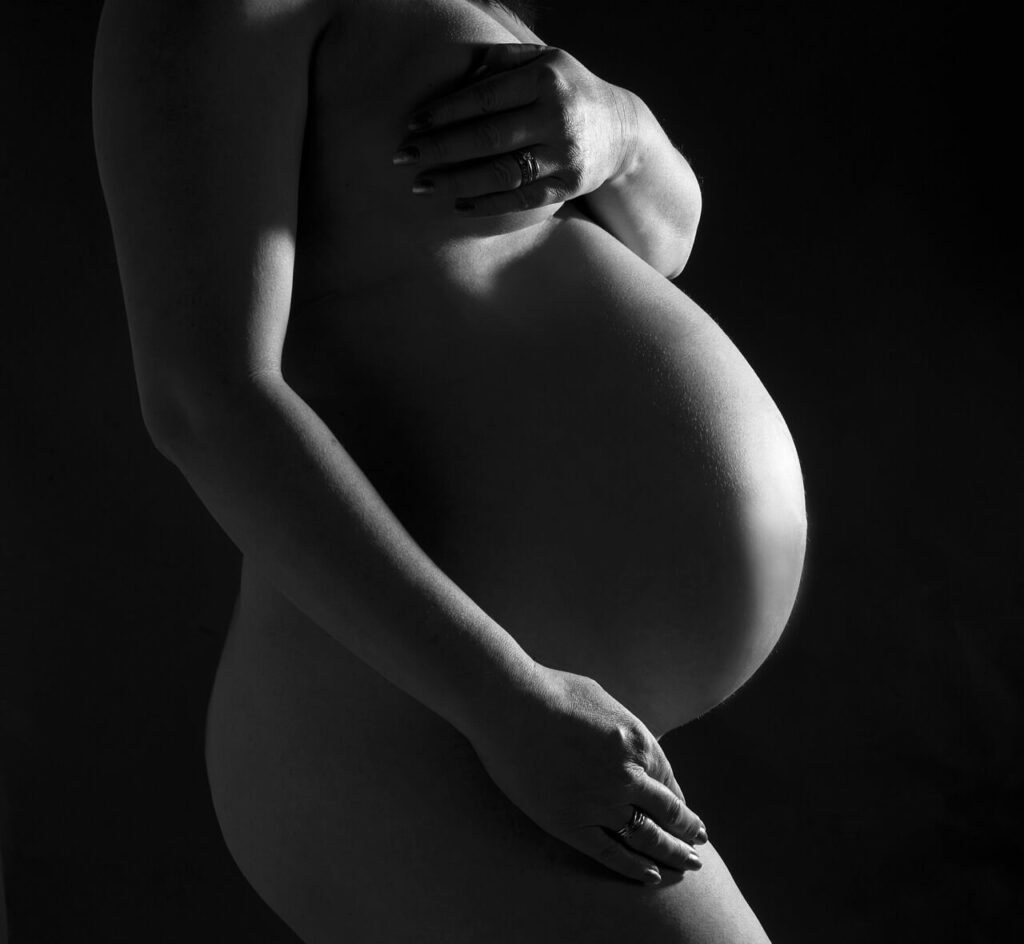Posted in2025 Childbirth Motherhood
Did You Know that the Brain Shrinks during Pregnancy? Pregnancy Brain Explained.
After experiencing pregnancy and the acute hardship that it came with, I realized it is more complex than what we are told. Yes, it brings forth life, and it is…
